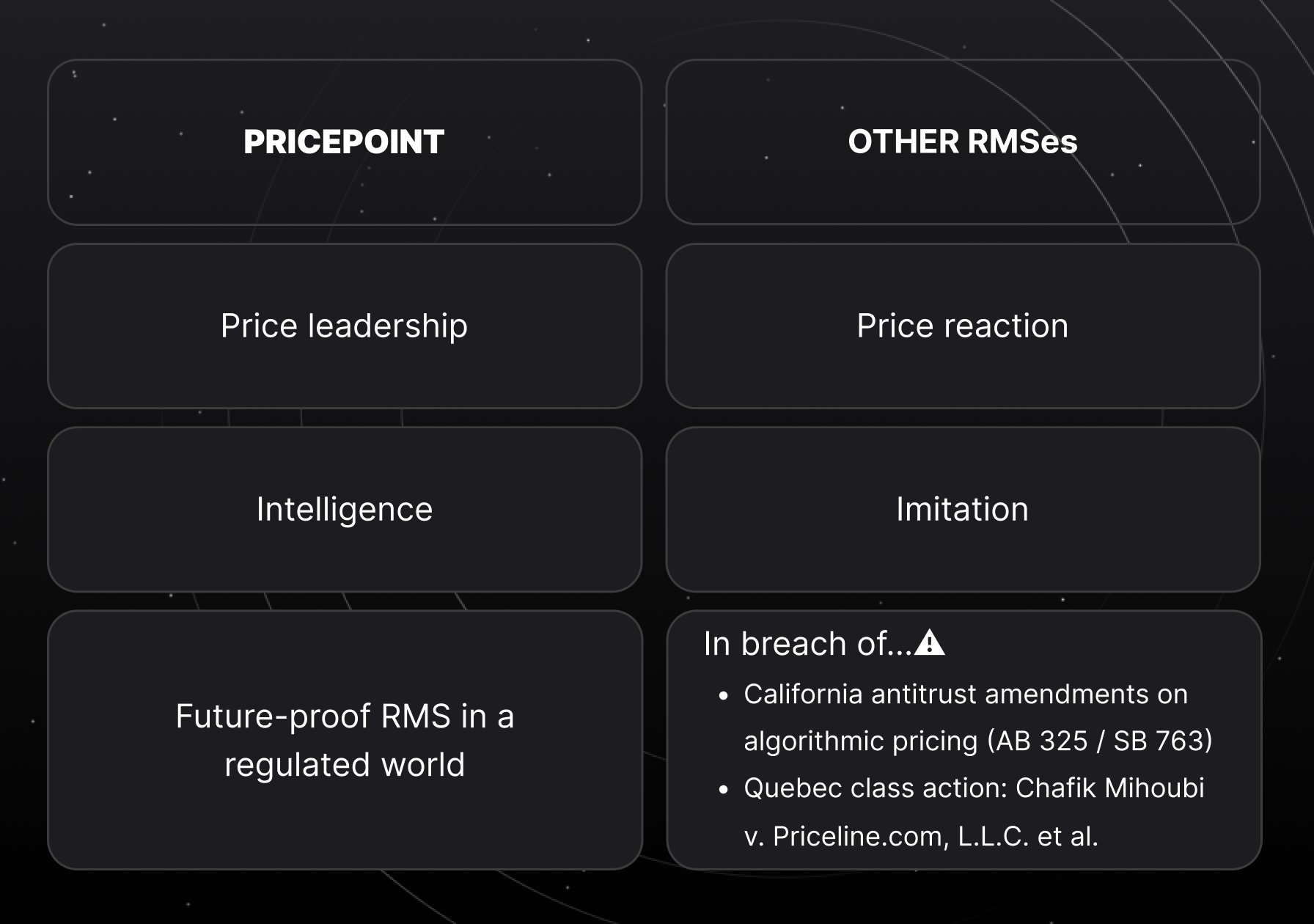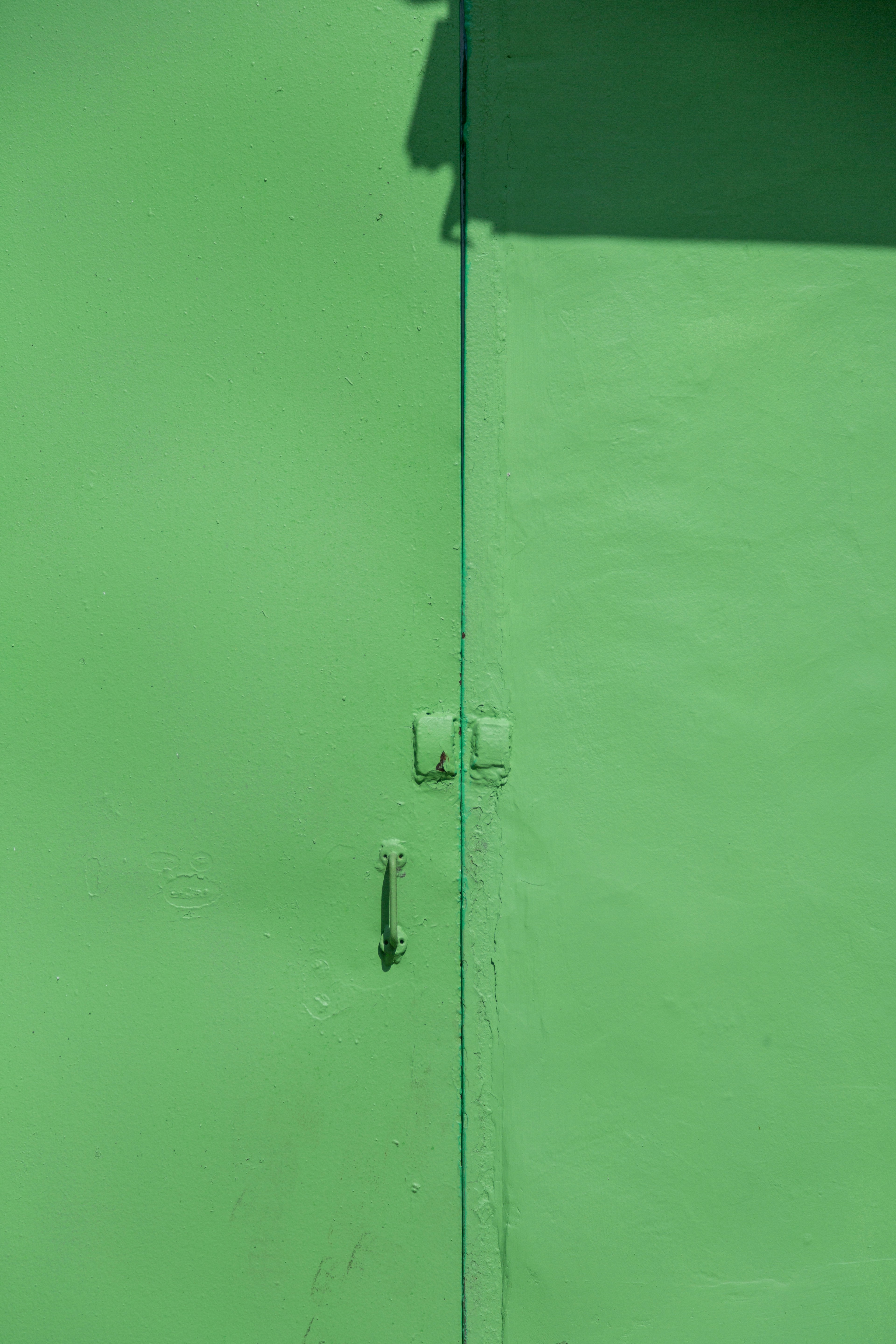What is revenue management system in hotel and how does it work

Hotel Revenue Management: Why Automated RMS Is Essential for Hotels
In hospitality, you’ll hear the phrase revenue management everywhere—and for good reason. It’s no longer enough to keep four seasonal rates on rotation. Guest behavior, competition, and travel demand change too quickly. If you’re still guessing your hotel pricing strategy, you’re leaving money on the table.
That’s where a revenue management system (RMS) comes in.
What Is a Hotel Revenue Management System?
Revenue management in hotels means selling the right room, to the right customer, at the right time, through the right channel, at the right price.
Doing this manually requires analyzing huge amounts of data:
- Competitor pricing
- Market trends
- Guest booking patterns
- Travel restrictions and flight data
Most independent hotels don’t have a dedicated revenue manager to do this analysis, which is why an automated RMS is now essential.
How Does an RMS Work?
Modern RMS software connects to your PMS, channel manager, or OTAs and works behind the scenes to:
- Analyze booking data and market conditions 24/7
- Recommend (or automatically update) optimal room prices
- Push real-time dynamic pricing directly to channels like Booking.com, Airbnb, Expedia, and Agoda
For example, Pricepoint’s AI-driven RMS increased average hotel occupancy by 13% and boosted revenues by 19% across properties that implemented it.
Forget spreadsheets and guesswork. An RMS provides simple graphs, insights, and automation that help you focus on running your hotel—not crunching numbers.
Why Revenue Management Matters in Hotels
In the past, revenue managers leaned heavily on historical data. But since the pandemic, year-over-year comparisons are unreliable. The current travel landscape changes daily, influenced by global events, restrictions, and shifting guest behavior.
That’s why hotels need real-time market data to set optimal room rates. Without it, you risk underpricing during peak demand or overpricing when the market softens.
With an automated RMS like Pricepoint, you can:
✔ Detect signs of returning demand before competitors
✔ React instantly to occupancy changes
✔ Optimize ADR and RevPAR in real time
✔ Stay competitive in uncertain markets
Key Benefits of Automated RMS
- Boosted Profits – Hotels using Pricepoint reported up to 19% revenue growth.
- Time Savings – No more manual calculations or chasing competitors’ prices.
- Easy to Use – Plug-and-play connection to PMS and OTAs.
- Competitive Advantage – Real-time competitor monitoring and pricing adjustments.
- Scalable – Works for boutique hotels, hostels, and larger properties.
Conclusion
Revenue management is no longer optional—it’s the competitive advantage that separates successful hotels from struggling ones. In an industry where occupancy, ADR, and RevPAR matter, guessing rates simply won’t cut it.





